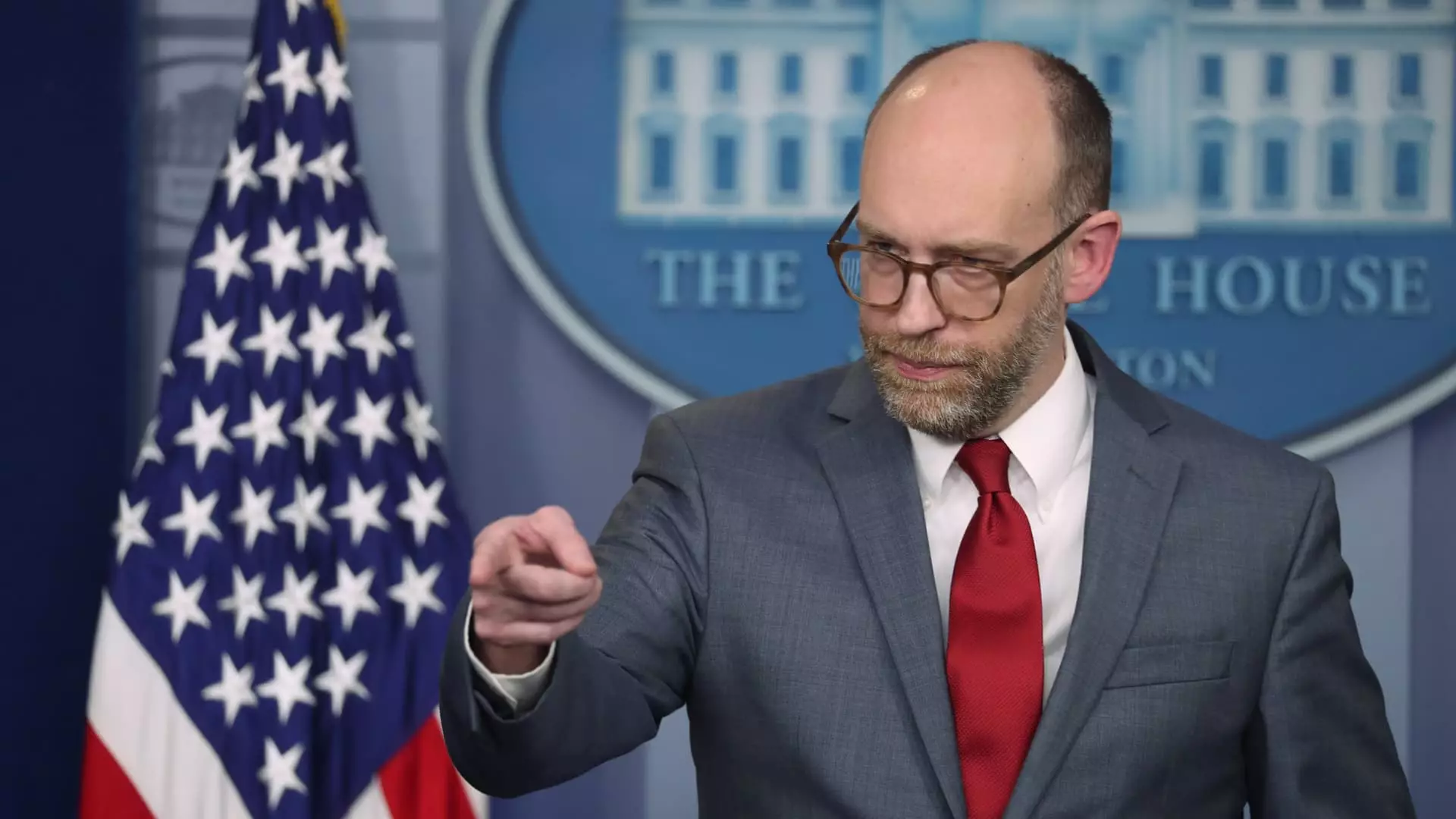Recent revelations surrounding the Consumer Financial Protection Bureau (CFPB) shed light on significant changes and a turbulent environment within this crucial agency. On Sunday, employees received directives to transition to remote work due to the closure of the CFPB’s Washington, D.C. headquarters until at least February 14. This decision was communicated through a memo by Chief Operating Officer Adam Martinez, emphasizing new operational protocols during this uncertain period. The call for remote work came on the heels of another pivotal memo from acting CFPB director Russell Vought, who expressly instructed a cessation of nearly all regulatory activities. This suspension includes oversight responsibilities related to financial institutions, raising critical questions about the future functionality of the CFPB.
The Threat of External Influence
Compounding the crisis is the unsettling presence of employees from Elon Musk’s DOGE at the CFPB. These individuals have reportedly gained access to sensitive data, including performance reviews of CFPB employees, signaling a potential breach of confidentiality and operational integrity. Sources familiar with the situation have requested anonymity to avoid repercussions, indicating a precarious atmosphere within the agency. Musk’s influence over the regulatory body extends beyond personnel changes; his recent Twitter post, declaring “CFPB RIP,” underscores his apparent disdain for the bureau, exacerbating fears regarding its viability.
A New Leadership Dynamic
Vought’s leadership style has already demonstrated a clear intent to prune the agency’s activities, as he announced on Saturday his decision to halt the allocation of fresh funding to the CFPB. By labeling the previous financial arrangements as fostering a culture of “unaccountability,” Vought’s approach suggests a radical reformation of how the bureau operates financially. His swift move to freeze operations post-confirmation reflects a striking shift in priorities that could substantially reshape consumer protection efforts.
As reform discussions circulate among policymakers, it’s crucial to consider the broader implications of these changes. The CFPB was established to safeguard consumer interests, particularly in the realm of financial services. However, the recent upheavals threaten to undermine its operational foundation. With oversight halted and funding frozen, the agency’s capacity to monitor and regulate financial firms diminishes significantly. This could leave consumers vulnerable to undue risks, especially in an already precarious economic climate.
Looking ahead, stakeholders within and outside the agency must navigate this complicated landscape. Advocates for consumer financial protection are likely to rally efforts to restore the CFPB’s operational capabilities and autonomy. Potential reforms and strategies must carefully address not just the agency’s immediate needs, but also ensure its long-term security and efficacy. The ripple effects of these recent events will reverberate through the financial services industry and might challenge the foundational goals the CFPB was created to uphold. The outcomes of this tumultuous period are yet to unfold, but one thing is clear: the CFPB’s future is hanging in the balance.


Leave a Reply